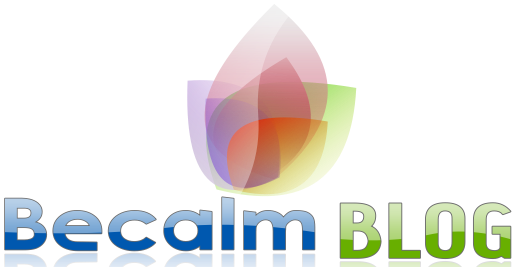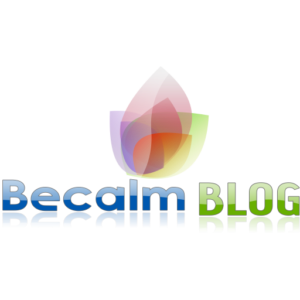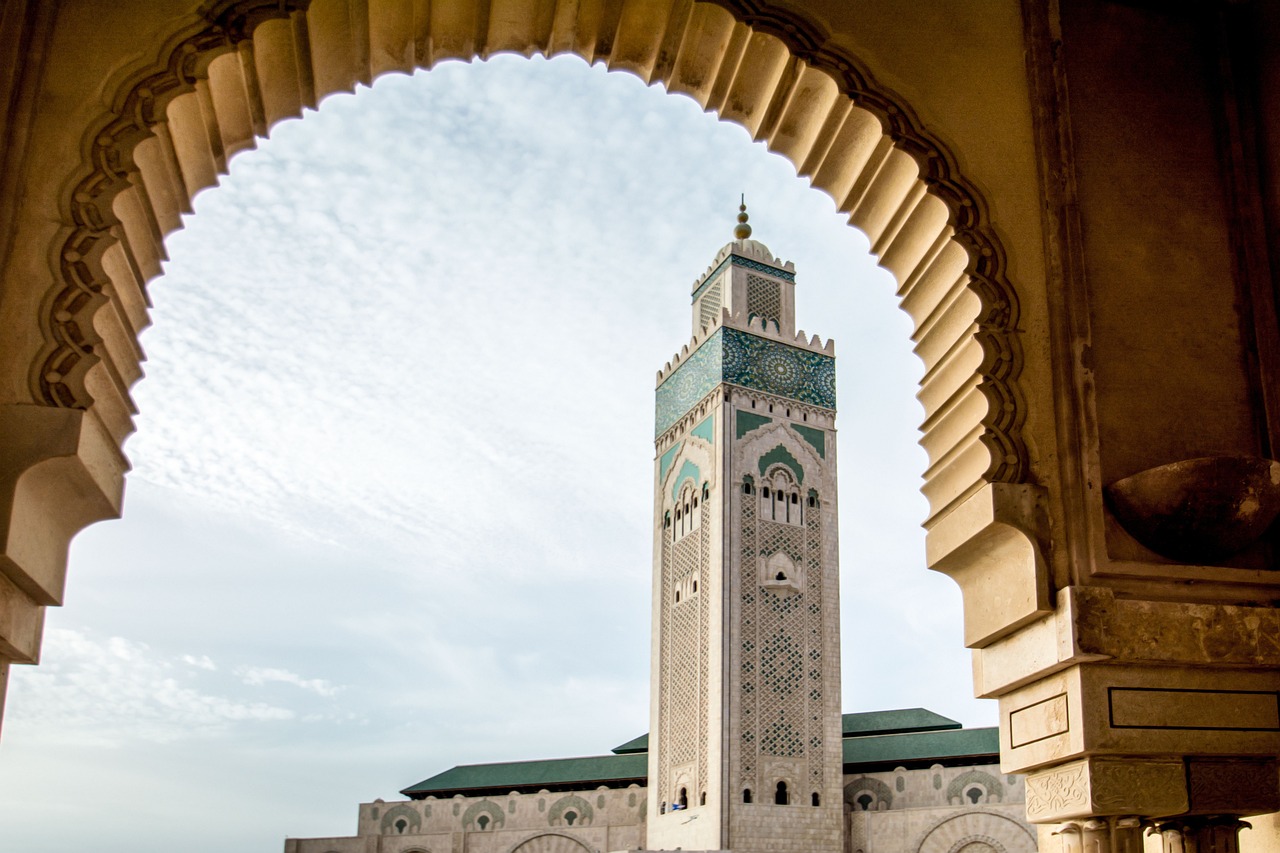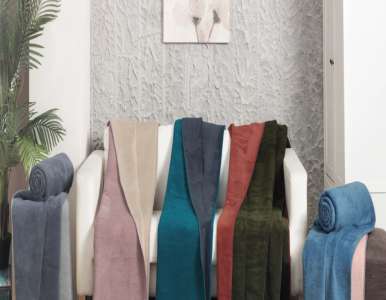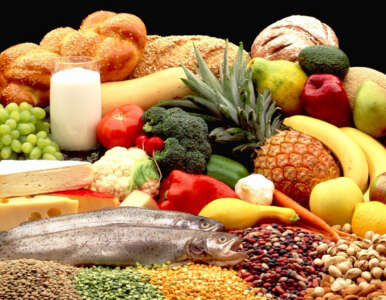Morocco is a country renowned for its rich cultural heritage and unique blend of Islamic and local customs. Understanding how Islam manifests in everyday life is key to understanding Morocco’s societal influence and future development. From its historic Islamic heritage, including a plethora of stunning mosques and architectural masterpieces, to modern-day practices such as daily prayer and halal food guidelines, Islam plays a significant role in shaping Moroccan identity. This article will delve into different aspects of Moroccan faith and society, exploring how religion has influenced everything from gender roles to politics in the country.
The Historical Context of Islam in Morocco
Islam has played a significant role in shaping Moroccan culture and society, and its influence can be traced back to the 7th century when Arab armies brought the religion to North Africa. Over the centuries, Moroccan Islam has evolved and incorporated local customs, Sufi beliefs, and Berber traditions, creating a unique interpretation of the faith that reflects the country’s diverse cultural heritage.
The Almoravid dynasty, which ruled Morocco from the 11th to 12th century, was instrumental in spreading Islam throughout the region and established a strong Islamic legal framework, centering on the Maliki school of law. The Almohad empire, which succeeded the Almoravids, continued to strengthen Morocco’s Islamic identity and played a pivotal role in the spread of Islam to Spain.
The Islamic legacy can be seen in Morocco’s magnificent architecture, such as the Koutoubia Mosque in Marrakech and the Hassan II Mosque in Casablanca. Islamic art and calligraphy are also an integral part of Moroccan culture, adorning everything from pottery to textiles.
In conclusion, Morocco’s Islamic heritage is intertwined with its history and continues to shape its cultural landscape today. The country’s unique blend of Islam, Berber, and Arab influences has created a rich and diverse society that is reflected in its art, architecture, and social norms.
The Practice of Islam in Everyday Life
Islam is a way of life for Moroccans, and its influence can be felt in all aspects of daily life. One of the most visible signs of Islamic practice is the call to prayer heard from mosques several times a day. Moroccans stop what they are doing and head to the nearest mosque for prayer. Women, however, often pray at home or attend mosques designated specifically for them.
In addition to daily prayers, Islam also plays a significant role in family dynamics. Muslims in Morocco value family unity and prioritize spending time with family members. Many of the Islamic values are instilled in children from a young age, such as respecting elders and showing kindness to all people.
The role of Imams, religious leaders who lead prayers and offer guidance to community members, is also crucial in Moroccan Islam. Imams provide support and advise individuals on issues ranging from personal problems to family matters. Furthermore, mosques act as community centers where people can gather for religious events and social gatherings.
Islam in Moroccan Society
Islam in Morocco is deeply ingrained in the country’s social and political fabric. The Islamic belief system has a notable impact on gender dynamics, family structures, and political policies. Gender roles follow Islamic tradition, with women often adopting the subordinate position in society. Their roles in the home are largely confined to domestic duties and childcare. However, there have been recent efforts to empower women and ensure their participation in areas such as politics and education.
Islamic belief also influences Morocco’s political policies and institutions. The country’s ruling monarchy draws on Islamic tradition to legitimize its reign and exert power over society. In addition, Islamic law (or sharia) is a source of influence in the country’s legal system, particularly in regards to family law. Despite this, recent modernization efforts have caused a shift towards secularization, with the government attempting to create a more liberal and democratic society.
-
Women in Moroccan society generally follow Islamic traditions and beliefs, with the veil being a common sight in public.
-
Islamic religious leaders, or imams, play a crucial role in Moroccan society by providing guidance and support to both individuals and the community as a whole.
Overall, the intersection between Islam and Moroccan society is complex and constantly evolving. Incorporating traditional Islamic beliefs and local customs produces a unique blend that shapes all aspects of Moroccan life.
The Role of Women in Moroccan Islam
Islam plays a significant role in women’s daily lives in Morocco, where they observe strict religious practices. According to Islamic law, women must dress modestly and cover their hair in public. The veil, or hijab, is a common way of covering the hair and is widely worn by Moroccan women. Moroccan women’s adherence to Islamic customs also extends to their roles in society; women typically marry young and remain in the home to care for children and the household. However, there have been recent efforts to empower women in the country by promoting education and expanding their opportunities.
Despite these efforts, Moroccan women still face gender-based challenges. Although women make up half of the country’s population, they hold fewer positions of power than men in the public and private sectors. Domestic violence and sexual harassment are also prevalent issues that women face. However, the country has taken steps to address these concerns and promote gender equality through legislation and initiatives.
- Islamic law requires women to dress modestly in public, with a hijab as a common form of head covering.
- Women in Morocco typically marry young and remain in the home to care for children and the household.
- Efforts to empower women in the country include promoting education and expanding their opportunities.
- Despite progress, women face challenges such as holding fewer positions of power and experiencing domestic violence and sexual harassment.
The Influence of Islam on Moroccan Politics
Islam has long played a significant role in Moroccan politics. With nearly 99% of the population identifying as Muslim, it’s no surprise that the country’s political structure is deeply intertwined with Islamic heritage.
The Moroccan constitution and legal system reflect Islamic values and principles, with many laws based on religious beliefs. Islamic political parties have also been a prominent force in Moroccan politics since the country’s independence. These parties often promote an Islamic agenda, reflecting the importance of religion for many Moroccans.
At the same time, Morocco has made efforts to secularize its political system. The country’s king has taken steps to limit the influence of religion in politics. For example, the king has created a council of Islamic scholars to provide guidance on religious matters, while the government is responsible for governing the country. This delicate balance between religion and politics is an ongoing challenge for Morocco as it navigates its future development.
The Future of Islam in Morocco
As Morocco faces the challenges of modernization and development, the country’s Muslim population is grappling with the shifting role of Islam in society. On one hand, the country’s traditional Islamic values continue to play a significant role in shaping the national identity, cultural landscape, and political discourse. On the other hand, the younger generation is increasingly embracing modernity, secularism, and global influences, challenging the status quo and questioning established norms.
One of the key challenges facing Moroccan Islam is the tension between tradition and modernity. As the country becomes more connected to the global economy and expands its middle class, there is a growing demand for liberalization, personal freedom, and cultural diversity. At the same time, there is a counter-trend that emphasizes the need to preserve the values and practices that have defined the Moroccan identity for centuries.
Another challenge is the rise of radicalism and extremism, both within the country and across its borders. Morocco has remained relatively stable in the face of these threats, thanks in part to its strong security apparatus, but the risk of violence and social unrest remains a constant concern.
Despite these challenges, there are also many opportunities for Moroccan Islam to thrive in the 21st century. With its rich history, diverse cultural heritage, and strategic location at the crossroads of Africa and Europe, Morocco is well-positioned to become a leader in Islamic thought, culture, and innovation. Through education, interfaith dialogue, and global outreach, Moroccan Muslims can help shape a more inclusive and peaceful world, one that respects the dignity, diversity, and aspirations of all people.
The Place of Islam in the Moroccan Education System
The education system in Morocco has undergone significant changes over the past few years. As the country looks to modernize and develop, the role of Islam in education has become a topic of much debate.
Islamic studies have always been an integral part of Morocco’s education system, with many students attending religious schools, or madrassas, alongside their traditional schooling. However, with the introduction of new policies and reforms, the role of Islam in education has evolved.
Today, Morocco’s school curricula include a mixture of Islamic and secular subjects, with a strong emphasis on learning both Arabic and French. Islamic education in Morocco covers a broad range of topics, including Quranic studies, Islamic history, and jurisprudence.
Many schools in Morocco have separate Islamic education departments, and there are also specialized institutions dedicated to teaching Islamic studies and Arabic language. The country’s education system recognizes the importance of Islamic education in shaping Moroccan society’s cultural and religious identity.
As Morocco continues to modernize and adapt to changing societal needs, the role of Islam in education will remain an essential topic of discussion. Balancing the need for modernization with preserving Morocco’s Islamic heritage will be a challenge, but one that is essential for ensuring the country’s future development.
The Role of Imams in Moroccan Islam
Moroccan Imams play a crucial role in the country’s religious landscape. They are spiritual leaders and religious scholars who lead prayers, deliver sermons, and provide guidance to Muslims. The role of Imams is changing, as young people become more politically active and demand more autonomy from traditional Islamic authorities. Imams are also becoming more concerned with social issues such as poverty, education, and youth unemployment. In response, many Imams are seeking to modernize their approach to Islam, incorporating new technology and reaching out to marginalized communities.
The Moroccan state has also taken steps to reform the role of Imams in society. The government now regulates the training and education of Imams to ensure that they are better equipped to serve their communities. The training includes courses in modern Arabic language, ethics, and human rights. The government also provides Imams with salaries, which gives them more independence to pursue their work without being beholden to wealthy donors. As the role of Imams continues to evolve, they will likely play a critical role in shaping the future of Moroccan society.
FAQs
Islam is the majority religion in Morocco, with over 99% of the population practicing some form of the faith. The country has a rich Islamic heritage, and its customs and traditions are intertwined with the religion. Moroccan Islam is unique in that it incorporates both the Sunni and Sufi interpretations of the faith, as well as local customs and traditions.
The country has a long history of religious tolerance and coexistence, with Jewish and Christian minorities living peacefully alongside the Muslim majority. Islam remains a fundamental part of Moroccan culture and identity, shaping everything from social norms to politics.
Is Moroccan Islam different from other Islamic countries?
Yes, Moroccan Islam is unique compared to other Islamic countries due to its incorporation of local customs and Sufi influences. Sufism is an Islamic mystic tradition that emphasizes spiritual experiences and a personal relationship with God. In Morocco, Sufism has blended with local Moroccan customs to create a distinct interpretation of the faith. For example, Moroccan Sufi brotherhoods, or “tariqa,” have an influential role in Moroccan society, with members often participating in public festivals and providing social services.
Furthermore, Moroccan Islam has a strong emphasis on the importance of family and community, with extended families living together and relying on each other for support. Traditional Moroccan dress, such as the djellaba and hijab, also reflect the blend of Islamic and local customs. Despite these unique characteristics, Moroccan Islam shares fundamental beliefs and practices with other Islamic countries, such as the importance of daily prayers, the Hajj pilgrimage, and the fasting during Ramadan.
What role does cuisine play in Moroccan Islam?
Food is an integral part of Islamic culture, and Moroccan cuisine is no exception. Moroccan Muslims adhere to strict dietary laws based on their Islamic faith. The most strict form of Islamic dietary law is called halal, which prohibits the consumption of certain foods, including pork and alcohol, and requires that animals be slaughtered in a specific way. Moroccan cuisine is heavily influenced by these Islamic dietary laws and customs, with dishes such as tajine, couscous, and harira prepared according to halal guidelines.
Meals in Morocco are typically communal, with families gathering around large platters of food to share. Hospitality is considered a cornerstone of Moroccan culture, and serving guests with generous portions of food is a sign of respect and generosity. In addition, food is often associated with religious and cultural celebrations, with special dishes prepared for holidays such as Eid al-Fitr and Eid al-Adha.
Conclusion
Morocco’s rich cultural blend of Islam and local customs has created a unique Islamic heritage. The country’s historical traditions, mixed with modernization efforts, are shaping its society as it continues to evolve.
The role of Islam in Moroccan society is changing, yet its influence on Moroccan identity remains strong. This influence is visible in all aspects of daily life, from religious practices such as daily prayers and the role of mosques to the influence of Islamic beliefs on politics and gender roles. Islam also plays a significant role in shaping the Moroccan education system and future development.
Morocco’s unique brand of Islam, incorporating Sufi influences and local customs, sets it apart from other Islamic countries. The cuisine, heavily influenced by Islamic dietary laws and customs, is a perfect reflection of this. As the country adapts to modernization, its Islamic heritage continues to influence and shape its society, keeping Moroccan identity strong and vibrant.
